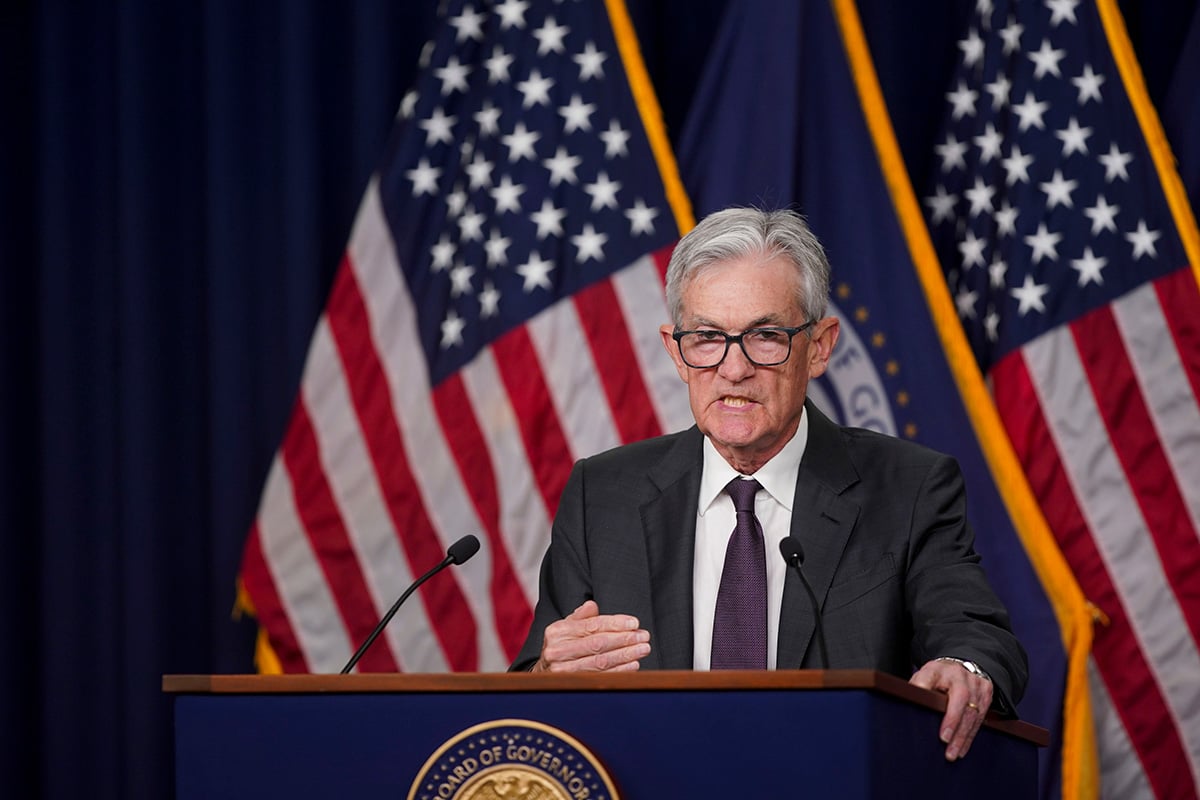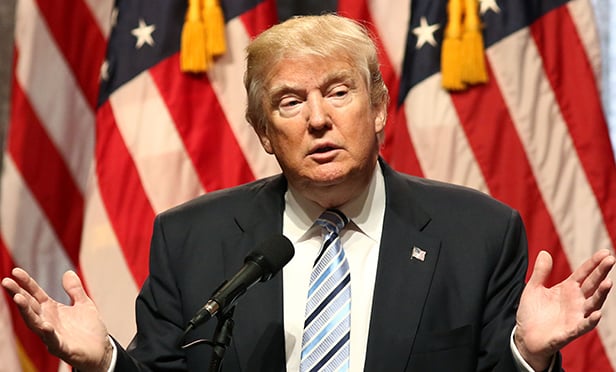The Bank of Japan (BOJ) refrained from adding to unprecedented monetary stimulus as Governor Haruhiko Kuroda said the blow to the economy from last week's sales-tax increase will fade during the summer.
The central bank will continue to expand the monetary base at a pace of 60 trillion yen to 70 trillion yen ($682 billion) per year, it said in a statement today in Tokyo, as forecast by all 36 economists in a Bloomberg News survey. At a press briefing, Kuroda said the BOJ would always adjust policy without hesitation as needed, including easing or tightening.
While the central bank highlighted a pickup in private investment and increasing industrial production, economists forecast the BOJ will boost stimulus by July, according to a Bloomberg News survey ahead of today's decision. A drop in a confidence indicator, announced separately today, to the lowest since 2011 highlighted risks to the recovery as the tax bump damps consumption.
“The BOJ seems confident in its economic assessment and outlook,” said Masaaki Kanno, chief Japan economist at JPMorgan Chase & Co. At the same time, “there is an above 50 percent chance of easing in July,” he said.
The yen strengthened after an initial drop following the BOJ's decision, trading up 0.4 percent at 102.71 per dollar at 5:26 p.m. in Tokyo. The Topix index, which has climbed 6.6 percent over the past year, fell 1.9 percent today, down for a third day after technology shares extended a retreat.
Outlook Drops
“Flexibility is one of the most important aspects of monetary policy,” Kuroda said. “We are on track to the price stability target, so we are not considering any kind of additional easing now.”
The BOJ is gauging the extent of an anticipated setback to the economy and prospects for achieving its 2 percent inflation goal after last week's 3-percentage-point increase in the sales tax, the first since 1997. The price goal excludes the effects of changes in the sales tax.
The central bank's benchmark price gauge rose 1.3 percent in February from a year earlier, and companies see price gains persisting for at least the next five years, in what would mark an end to 15 years of deflation.
A gauge of economic expectations of people such as taxi drivers and restaurant workers tumbled to 34.7 in March from 40 a month earlier, according to the Economy Watchers survey released today by the Cabinet Office in Tokyo.
“Economic activity will likely weaken abruptly in the second quarter,” said Marcel Thieliant, Japan economist at Capital Economics in Singapore.
The economy is forecast to shrink an annualized 3.5 percent in the three months from April, breaking a projected six straight quarters of growth, according to a separate Bloomberg survey of economists.
The economy has continued to recover moderately, “albeit with some fluctuations due to the consumption tax hike,” the BOJ said in its statement.
Kuroda said he will adjust record easing that the BOJ began in April last year should prospects for achieving the price target be jeopardized. The challenge for Kuroda will be to avoid any perception of incremental policy steps, an approach he has vowed to avoid.
Forty-four percent of economists predict the BOJ will add to stimulus in July, when the strength of an economic rebound will become clearer, the Bloomberg News survey showed.
The central bank will probably double the pace at which it accumulates exchange-traded funds, to 2 trillion yen annually, in months ahead, according to the poll. The bank could boost annual bond purchases by at least 10 trillion yen, according to the survey.
Stimulus Package
Finance Minister Taro Aso said last week that the next few months will be key in a decision on whether to go ahead with a further increase in the sales tax to 10 percent as the government tries to rein in the world's largest public debt burden.
“Given it takes months for the effects of monetary policy to penetrate the economy, I predict easing later this month,” said Yuichi Kodama, chief economist at Meiji Yasuda Life Insurance Co. in Tokyo. “It's hard for the BOJ to achieve the same impact with stimulus again, so a surprise has to come from the timing.”
Seventy-eight percent of the economists in the poll said Abe will have to compile another stimulus package in the fiscal year starting this month to support the economy.
Kuroda said last month that Japan won't see a repeat of the recession that followed the sales tax increase in 1997, pointing to Japan's now-stronger financial system and an absence of a regional financial crisis that hurt the country's exports then.
Complete your profile to continue reading and get FREE access to Treasury & Risk, part of your ALM digital membership.
Your access to unlimited Treasury & Risk content isn’t changing.
Once you are an ALM digital member, you’ll receive:
- Thought leadership on regulatory changes, economic trends, corporate success stories, and tactical solutions for treasurers, CFOs, risk managers, controllers, and other finance professionals
- Informative weekly newsletter featuring news, analysis, real-world case studies, and other critical content
- Educational webcasts, white papers, and ebooks from industry thought leaders
- Critical coverage of the employee benefits and financial advisory markets on our other ALM sites, PropertyCasualty360 and ThinkAdvisor
Already have an account? Sign In Now
*May exclude premium content© 2025 ALM Global, LLC, All Rights Reserved. Request academic re-use from www.copyright.com. All other uses, submit a request to [email protected]. For more information visit Asset & Logo Licensing.





